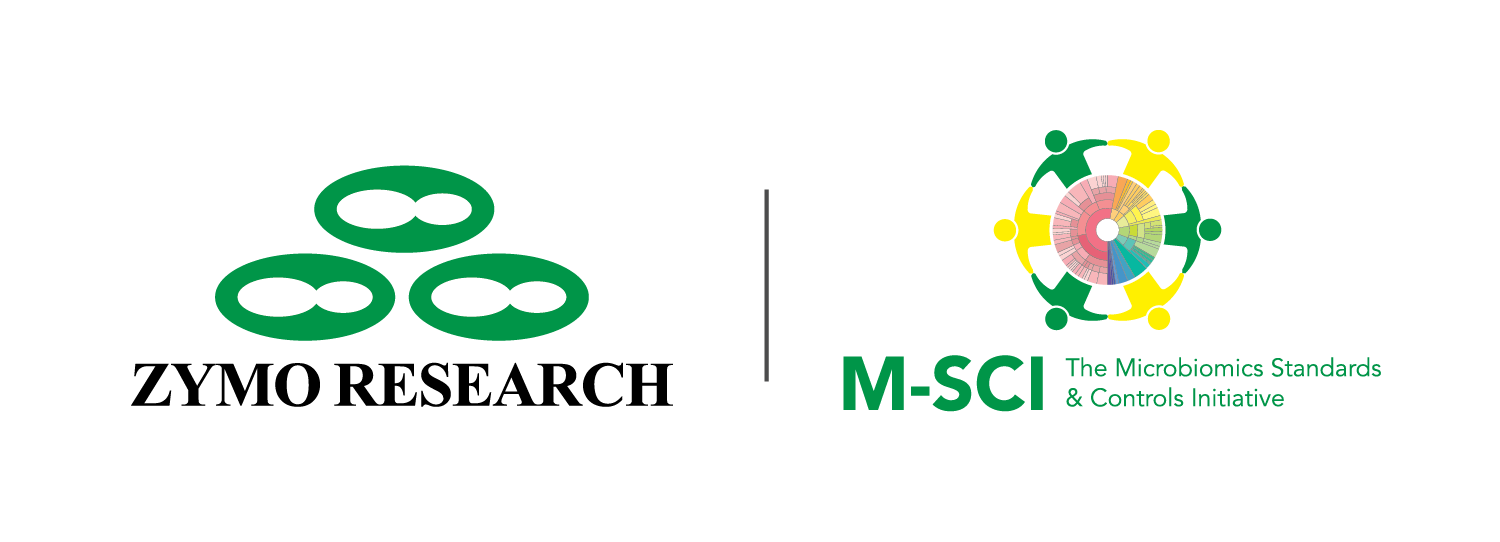Zymo Research Distributes Free Microbiome Standards and Controls
Through The Microbiomics Standards & Controls Initiative

IRVINE, Calif., (Sept. 3, 2019) — To help researchers improve data accuracy and cross-study comparisons, Zymo Research is providing complimentary microbiome standards and controls to researchers worldwide through The Microbiomics Standards & Controls Initiative. Because the field of metagenomics has grown rapidly without the use of well-defined controls, data often cannot be replicated from laboratory to laboratory let alone between different studies. To solve the problem of metagenomics data inaccuracy and to improve cross-study comparisons, Zymo Research developed microbiomics standards and controls. To date, Zymo Research has dispersed thousands of their ZymoBIOMICS® Microbial Community Standards and Spike-in Controls free of charge.
There are significant challenges when performing microbiome and metagenomic analyses. These studies require many complex workflow steps, including sample collection, DNA extraction, library preparation, next-generation sequencing, and bioinformatics. Furthermore, biases can be introduced at each step of the workflow process, meaning data can be skewed and the true microbial profile will be misrepresented. For example, the process of extracting DNA from the sampled microbial community is a common source of inaccurate data due to suboptimal lysis of tough-to-lyse microbes. According to Dr. Raul J. Cano, Professor Emeritus of California Polytechnic State University, “Before we can make correlations of microorganisms with a condition, we need to know that the microbiome we have is reflective of reality.”
Well-defined microbial community standards and controls are important to establish the validity, accuracy, and reproducibility of the data collected throughout the entire workflow process. For instance, sequences generated from the ZymoBIOMICS® Microbial Community Standards were accepted by FDA-ARGOS as “Regulatory-Grade Reference Materials” and key opinion leaders throughout the world have adopted these microbial community standards in their microbiomics research. * Even reviewers for scientific publications are beginning to require the use of mock community standards in microbiome experiments.
To help the microbiome research community, these powerful standards and controls are available for free through The Microbiomics Standards and Control Initiative, which is ongoing and will be featured during the 2019 NIST Workshop on Standards for Microbiome Measurements to be held on September 9-10, 2019, at NIST’s Gaithersburg, MD campus.
For more information about The Microbiomics Standards & Controls Initiative, go to the website and sign up to receive free microbiome standards and controls for use in metagenomics and microbiomics research.
About Zymo Research Corp.
Zymo Research Corp. is a privately held company based in Irvine, California, USA. Since its inception in 1994, it has been serving the academic and biopharmaceutical scientific communities by providing DNA and RNA purification products. Their goal is to help scientists reduce time in the lab by eliminating steps and making the entire DNA/RNA extraction process simpler and faster. In addition to their nucleic acid purification products, Zymo Research also offers genetic, epigenetic, and transcriptome analysis products and services that are high quality and simple to use yet robust in performance. Follow Zymo Research on Facebook , LinkedIn, Twitter, and Instagram.
TRADEMARKS:
All trademarks are the property of their respective owners. The Zymo Research Corp. trademark, with its design elements including the stylized three-shaded ovals (budding yeast), and the words “The Beauty of Science is to Make Things Simple,” and ZymoBIOMICS are registered trademarks of Zymo Research Corp.
REFERENCES:
1. McIntyre AB, et al. Single-molecule sequencing detection of N6-methyladenine in microbial reference materials. Nature Communications, 10:579 (2019)
2. Nicholls SM, et al. Ultra-deep, long-read nanopore sequencing of mock microbial community standards. GigaScience, 8:5 (2019)
3. Minich JJ, et al. High-throughput miniaturized 16S rRNA amplicon library preparation reduces costs while preserving microbiome integrity. mSystems, 3:6 (2018)